BRANDED CONTENT
Benefit from a well-rounded education
The Singapore campus of the internationally recognised James Cook University has a stellar list of academics on board
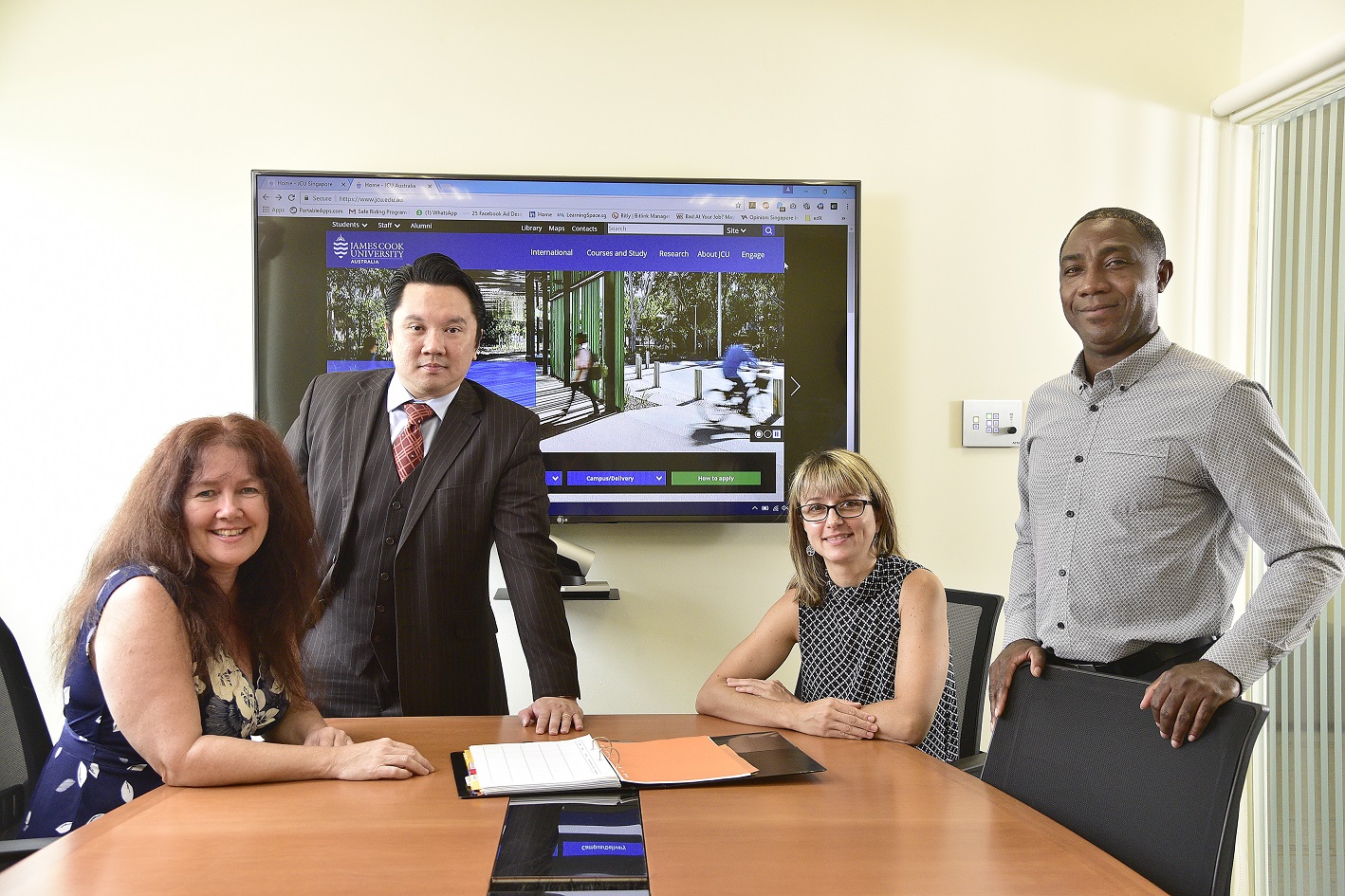
PHOTO: WEE TY
Follow topic:
Students looking for a globally recognised tertiary education need not look beyond our shores.
The Singapore campus is wholly owned by James Cook University (JCU), unlike other private education institutions, and has been granted the status to call its Singapore campus a university.
The status comes as part of a wide-ranging agreement signed in May 2016 between Australia and Singapore.
The status as a university marked a significant milestone in JCU's history.
Professor Sandra Harding, Vice-Chancellor and President of James Cook University Australia said: "Recognition is the realisation of a long-held dream for JCU - to be one university in two countries with three tropical campuses."
One university in two countries with three tropical campuses
To maintain a high-quality education offering, all degree courses offered at the Singapore campus are the same as those offered at JCU's two campuses in Queensland. Students across three campuses also sit for the same examinations to streamline its standards.
Additionally, JCU has also set up laboratories and hired researchers for its Singapore campus to promote cross-border research collaborations.
Dr Dale Anderson, Deputy Vice Chancellor & Head of Campus Singapore said: "By combining our research and education expertise, Singapore and Australia can work together to overcome challenges faced by both our countries."
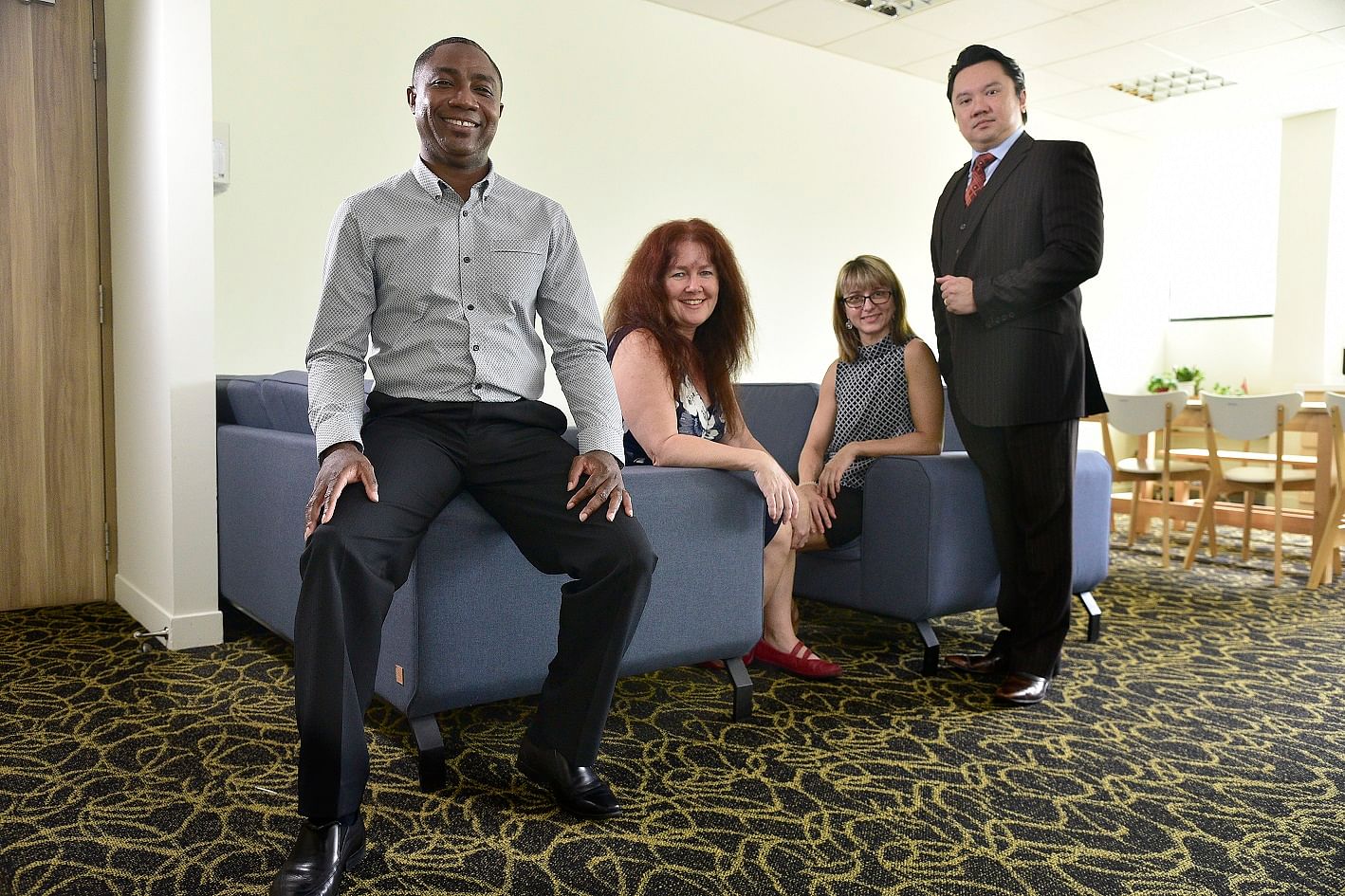
Excellence in research
In the latest Times Higher Education World University Rankings 2018, JCU has been ranked in the top 201-250 of the world universities.
JCU is ranked 9th out of the 35 Australian universities for the ranking.
A cut above the rest
In 2015, the Excellence in Research for Australia (ERA) has rated JCU "world class or better" in 35 areas of research.
JCU received "well above world standard," the highest possible ERA rating, in eight fields: Environmental science and management, ecology, geology, physical geography and environmental geoscience, ecological applications, plant biology, medical microbiology, neurosciences.
This excellent reputation in research is extended to JCU in Singapore, attracting impressive academic staff to conduct innovative research projects.
JCU is committed to researching issues that are considered to be of critical importance to Asia and the world's tropics, with focus on research areas such as social psychology, families in Singapore, education, aquaculture, tourism and, therapy.
Stellar line-up
To maintain its strong foothold as one of the leading research universities in the world, JCU employs a stringent hiring criteria to ensure that staff appointed to its campus have a strong research track record or research potential.
We speak to a few of JCU's academics to find out what they have in store for their students.
Associate Professor Maria Hennessy
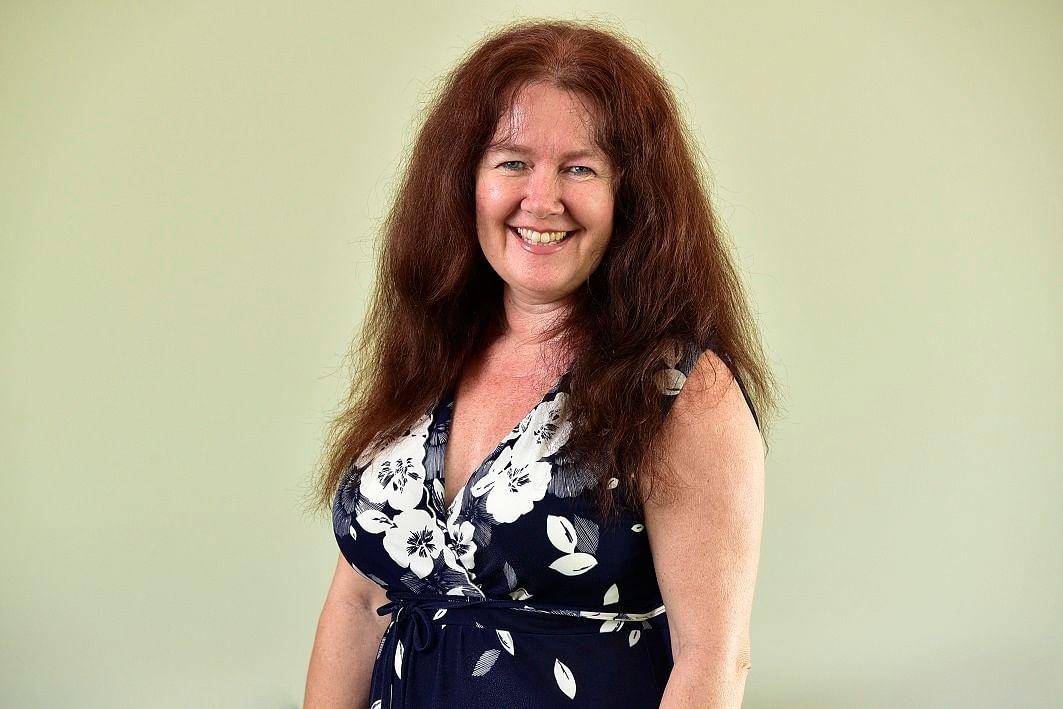
Qualifications:
• Doctor of Philosophy (PhD), University of Queensland
• Master of Psychology (Clinical), University of Tasmania
• Bachelor of Arts (Honours), University of Tasmania
• Member, Australian Psychological Society (APS)
• Fellow, APS College of Clinical Psychologists
• Fellow, APS College of Clinical Neuropsychologists
Q: In what way does your background and experience strengthen JCU's academic department?
A: I have worked as a psychologist in public hospitals, mental health services and as an academic in Australian universities for over 25 years.
Psychology is the discipline that makes you an expert in understanding human behaviour. I am a specialist in two areas of psychology: firstly clinical psychology, which seeks to understand behaviour associated with mental illness; secondly clinical neuropsychology, which involves understanding behaviour associated with injuries to the brain.
My research, teaching and clinical experience as a dual- specialist in clinical psychology and neuropsychology add depth to our Psychology department at JCU. I use positive psychology frameworks to investigate the factors that influence health and wellbeing in the community, as well as after traumatic brain injury or mental illness. This is important new work, and we have global collaborations in this field.
Q: How will the students in your programme benefit from your international experience?
A: Through direct experience of working with different cultures and organisations in the university setting as well as the community.
Together, we will learn how we can benefit from my clinical, teaching and research experience in other countries, and how best to use these knowledge and skills to improve their learning, and the contribution it can make to our community in Singapore.
Q: How does JCU's Bachelor of Psychological Science equip students with the right skills for the workforce?
A: JCU's Bachelor of Psychological Science gives you knowledge, skills and abilities that you can take away and use in a wide variety of industries such as health, marketing, human resources, education, sport, and business.
Q: What advantages does the Bachelor of Psychological Science programme offer compared to other schools?
A: One advantage is that the JCU course is accredited with a professional body (the Australian Psychology Accreditation Council). This means that the program has passed the high standards required for the knowledge and skills it teaches students, the resources available for students to learn, and the quality of the staff that teach into the course.
Our postgraduate courses for advanced clinical training - the Master of Psychology (Clinical) and the Doctor of Psychology (Clinical Psychology) - have also passed these high standards for those students who want to go on to further study and specialise as a clinical psychologist.
Associate Professor Adrian Kuah
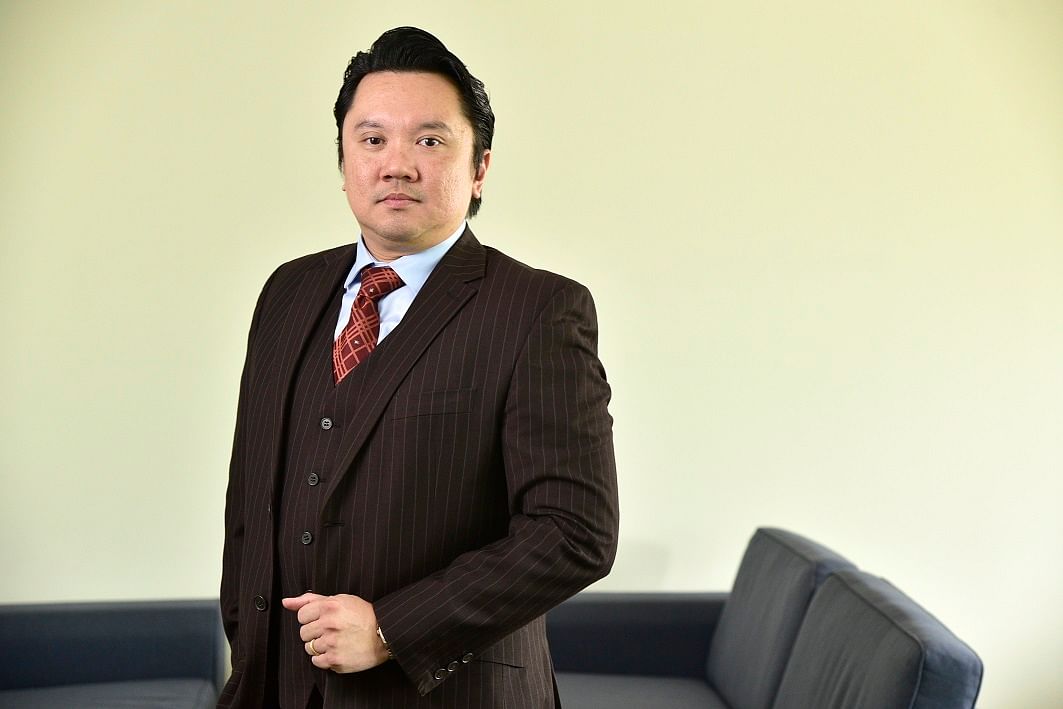
Qualifications:
• International Teachers Programme (ITP), Università Commerciale Luigi Bocconi
• Doctor of Philosophy (PhD), Manchester Business School
• Master of Business Administration (MBA), University of Strathclyde
• Bachelor of Engineering (BEng), Nanyang Technological University
• Fellow, Chartered Management Institute
• Fellow, College of Preceptors
• Fellow, Higher Education Academy
Q: In what way does your background and experience strengthen JCU's academic department?
A: Many of the subjects that I teach are international in nature, for example, International Political Economy or International Business Strategy.
Having worked in Europe, the US and China, with long-standing experiences from Manchester Business School and Harvard Business School, I bring greater insights on national business systems and management perspectives to our business students.
My research on corporatism in Singapore, online shopping in South Korea and China, green marketing in Asia are also used to teach students so that they could relate their learning to the local context.
Q: JCU has a diverse profile of academics from all over the world. What advantages does this provide to students?
A: Our diverse profile of academics from all over the world is almost as diverse as our student population on campus.
Diversity within the campus brings many great opportunities for cross-fertilisation of ideas and intensify multi-cultural understanding. This is particularly useful in the business world when our business students graduate, as they learnt to value pluralism in societies and organisations.
Q: Compared to other schools, what are the advantages of JCU's Bachelor of Business and Masters of Business Administration?
A: JCU in Singapore offers a trimester system that allows our students to complete a three-year undergraduate degree in two calendar years.
Instead of having two terms of study and a vacation term in a calendar year, we permit our students to complete three study terms a year. In doing so, students will be able to complete 24 subjects in just two calendar year.
Likewise, our students will also be able to accelerate a two-year Master of Business Administration degree in slightly over a year, while the quality and contact hours remain essentially the same.
Dr Adrian Bradshaw
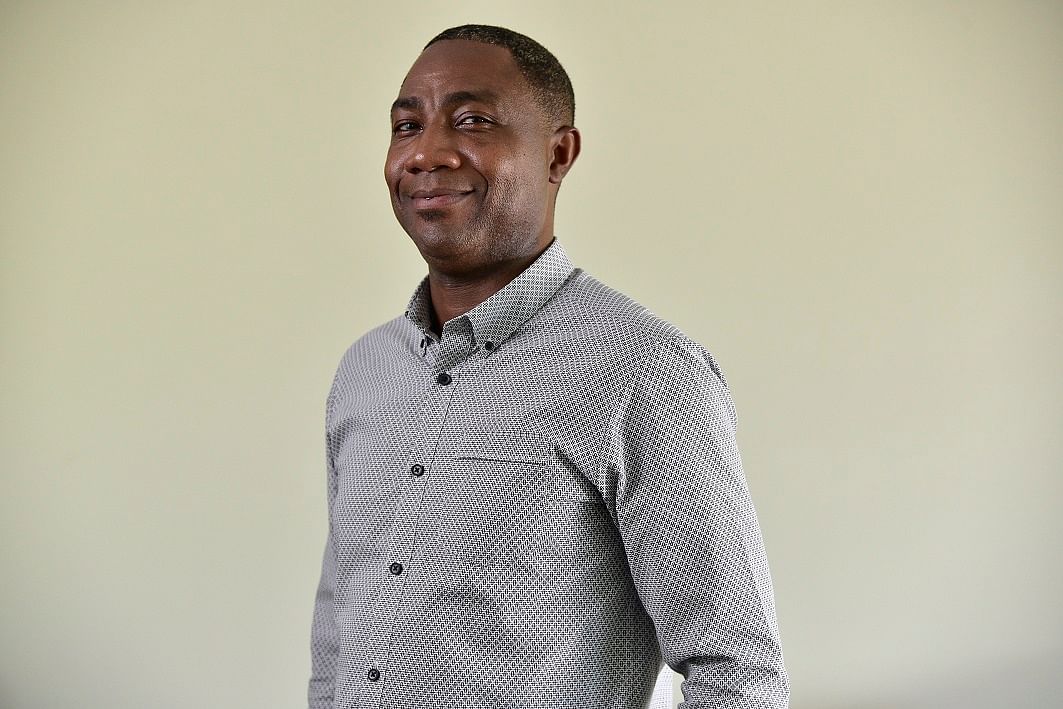
Qualifications:
• Doctor of Philosophy (PhD), University of Canterbury
• Master of Philosophy (PhM), University of the West Indies, Cave Hill
• Bachelor of Science (BSc), University of the West Indies, Cave Hill
Q: How will the students in your programme benefit from your international experience?
A: I studied computer science and physics taught at the university whilst doing my Master's degree in Physics. After that, I worked for several years in Africa. I lived and work in IT in Botswana and my job took me quite often to South Africa. After this, I went to live in New Zealand where I completed my PhD and taught at the university there also. During this period I also spent a lot of time in Australia as well. For the past four years I have been here in Singapore.
The subjects that I lecture are Leadership and Organisational behaviour - here I am able to draw on my experience of working in four countries in different parts of the world at various levels. I am able to take students beyond the lecture room into real-life examples and experiences.
I also lecture (at MBA) Technology entrepreneurship and business innovation - Here I am able to draw on my IT and Physics background and knowledge combined with what I gained from the various places I have worked.
Q: How do JCU's Bachelor of Business and Masters of Business Administration equip students with the right skills for the workforce?
A: The Bachelor's and MBA programs help the students develop an entrepreneurial mindset. A number of subjects are designed to help our students in this area.
The crossed-disciplined exposure may also have a direct effect here. Many students, for example, combine business with Tourist and Hospitality.
A number of our students have gone on to takeover or open their own dining establishments here in Singapore and their home countries.
Q: What are the advantages of JCU's Bachelor of Business and Masters of Business Administration compared to other schools?
A: Firstly, we have a strong focus on entrepreneurship activities. This means that many of our students look to be business owners or work in family business looking to one day take over. JCU is poised to ensure that our students will take full advantage of the growing entrepreneurship and business start-ups.
Secondly, the relevant combination of cross-discipline double majors in Business and Hospitality and Tourism and Business and Environmental Science. These degrees offer students a wider scope and career opportunities in areas like tourism and hospitality which continues to grow here in Asia.
Environmental science and its importance to business and sustainability as well as corporate social responsibility is very important today and will continue to be in the future.
The third is diversity. To study in this culturally diverse environment exposes our students to many things internationally.
Fourthly is mobility. Here students are able to complete part of their studies at another campus. So students here in Singapore and go to Australia to do part of the program there, either in Townsville or Cairns. This gives students overseas experience.
Dr Giana Gomes
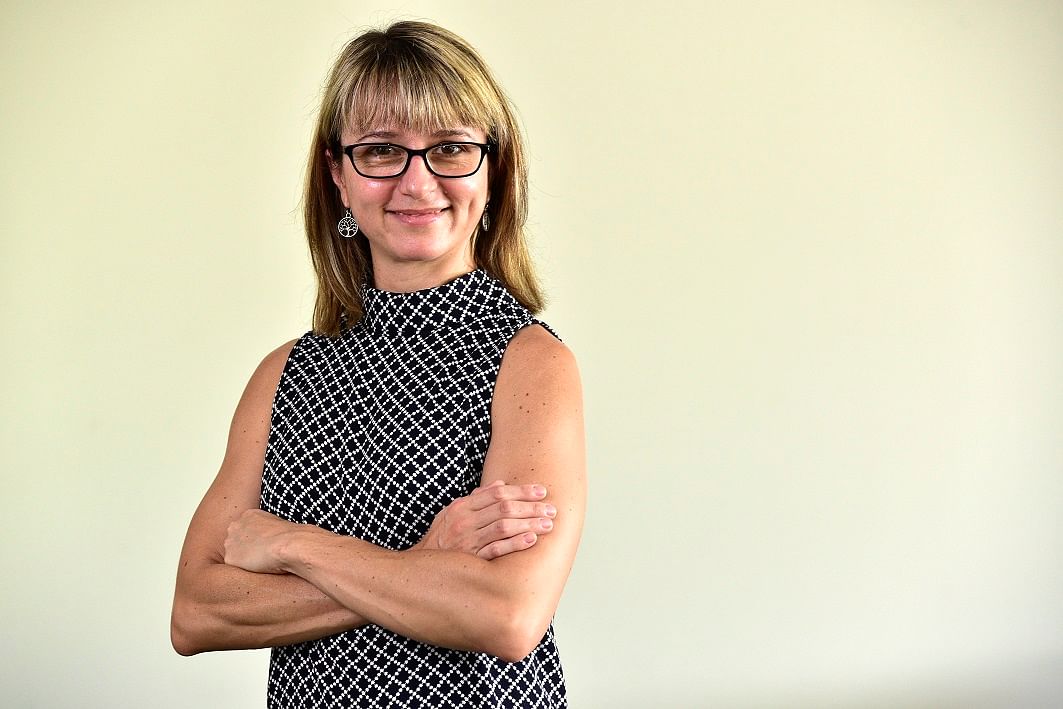
Qualifications:
• Doctor of Philosophy (PhD), James Cook University
• Certified Aquatic Veterinarian, World Aquatic Veterinarian Medical Association (WAVMA)
• Master of Veterinary Medicine (MVM), Universidade Federal Rural de Pernambuco (UFRPE)
• Bachelor of Veterinary Medicine (BVetMed), Universidade Federal Rural de Pernambuco (UFRPE)
Q: How will your background and experiences strengthen JCU's academic department?
A: I am an aquaculture veterinarian researcher with a strong focus on the development and application of new technologies to improve biosecurity and disease management in shrimp and fish farms.
I started my career in the shrimp farming industry in Brazil 14 years ago, where I also completed my Master's degree in the aquaculture. In 2008, I migrated to Australia and worked for different renowned organisations from governmental agencies to tertiary private education, including JCU Australia where I also completed a PhD working closely with the barramundi (Asian seabass) industry.
I believe that this international experience within tropical aquaculture industries is one of the greatest strengths I bring to JCU's teaching and research programs.
Q: What advantages does JCU's Bachelor of Business and Environmental Science with a major in the Aquaculture programme have compared to other schools?
A: Globally, the majority of aquaculture courses have always focused only on the science part of the industry. While science is an essential part of this course, there was a knowledge gap on the business side of the aquaculture industry.
Our Bachelor of Business and Environmental Science (Majoring in Aquaculture) empowers our students with a mixed knowledge of business, environment and aquaculture sciences.
It is really important to prepare the next generation of aquaculture experts and entrepreneurs with this dual skill set.
They will be better prepared to assist existing companies to achieve greater production efficiency and profitability in an environmentally sustainable manner, but also better prepared should they start their own businesses.
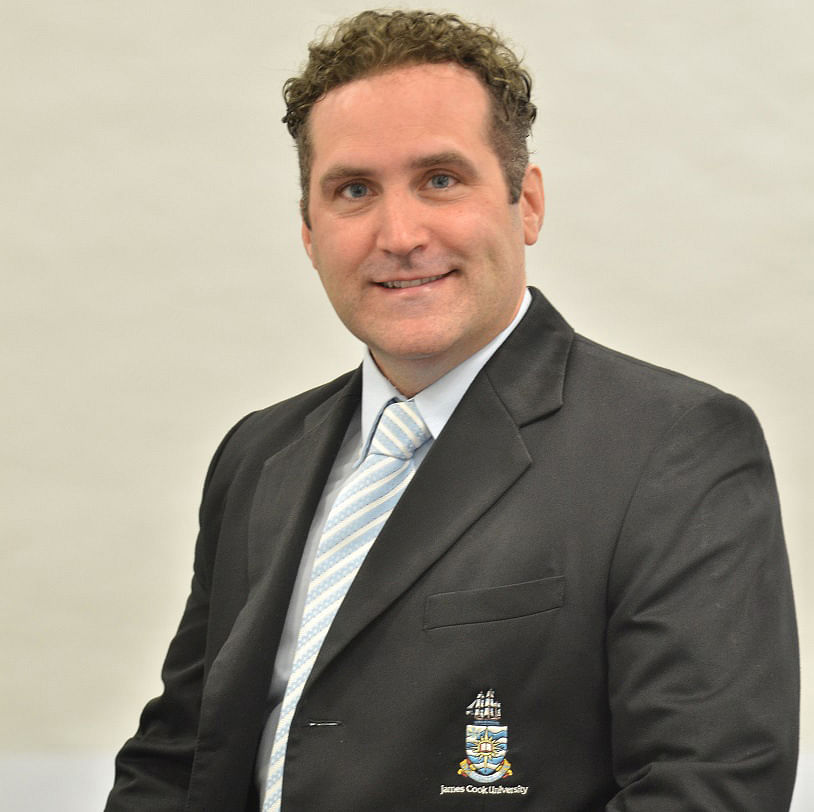
Qualifications:
• Doctor of Philosophy (PhD), Royal Melbourne Institute of Technology
• Doctor of Law (JD), Texas Southern University
• Master of Arts (MA), University of Missouri
• Bachelor of Arts (BA), Ohio University
Q: How will your background and experiences strengthen JCU's academic department?
A: As a law lecturer, my background as a lawyer in the United States allows me to place the complex legal concepts discussed in the class into a relevant real-world context.
I have taught law in six different countries, and this international experience is integrated into my subject lecturers, and benefits students by providing a global vision of legal regimes and regulatory systems that will become essential in understanding the rules that govern foreign trade and international relations.
I am also a research active scholar, and have published several books on the law and society, that I regularly use in the subject readings, further enhancing the classroom experience for our students.
Q: JCU has a diverse profile of academics from all over the world. What advantages does this give students?
A: In an era of economic globalisation, and in a city like Singapore which boasts an incredible range of cultural and ethnic diversity, it's only natural that JCU provides a learning environment that mirrors the international trends of economic expansion and the embrace of foreign cultures.
This gives students at JCU the advantage of being exposed to a wide variety of viewpoints from faculty that hail from many different countries, as well as interacting with students from all over the world.
Q: How will JCU's Bachelor of Business and Master of Business Administration equip students with the right skills for the workforce?
A: JCU business programs provide a solid academic foundation for the entry into many different professions, however in my opinion the proper equipment for a successful career in business is not confined to academics alone. Social skills, confidence, and the ability to effectively communicate are equally important in business.
JCU subject assessments are oriented to not only strengthening a student's intellectual capacity, but improving their business prowess by engaging in activities that build character and confidence.

